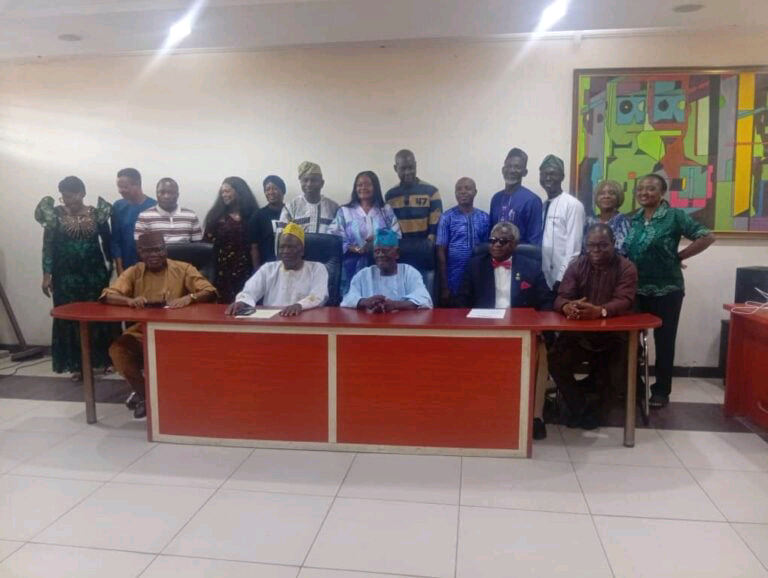Reviewing America’s Strategic Eye on Nigeria and the Subtle War
This opinion piece, authored by Solomo n Ogo-Oluwa Oyerinde, argues that the United States’ heightened concern regarding Nigeria is not driven by compassion but by a geopolitical calculation aimed at undermining Nigeria’s sovereignty and economic independence.
Oyerinde contends that America’s recent actions from pushing exaggerated narratives about religious persecution to other forms of interference are part of a broader script. He questions the sincerity of the U.S. concern for Nigerian lives, citing contradictory actions such as visa denials and the humiliation of African immigrants at U.S. borders.
Oyerinde details a pattern of U.S. strategic manipulation disguised as intervention. He recalls the 1980s Structural Adjustment Programs (SAPs), which, under the guidance of the U.S.-influenced IMF and World Bank, imposed austerity measures that led to mass unemployment and poverty across Africa while consolidating Western corporate dominance.
The author also highlights the 2014 arms embargo imposed on Nigeria under the Leahy Law during the peak of the Boko Haram crisis. He criticizes this as “selective intervention,” noting that the same law is often overlooked when U.S. interests are better served by arms sales to regimes with questionable human rights records elsewhere.
The 2011 NATO intervention in Libya, which led to regional destabilization and the rise of militant groups across the Sahel, is cited as a key example of the West’s pattern of interference being masked as “humanitarian intervention.”
The author identifies Nigeria’s rapidly evolving energy sector as the central driver of the subtle conflict.
He suggests that the West’s oil market monopoly is ending, particularly with the Dangote Refinery achieving a production capacity of over 650,000 barrels per day. Oyerinde argues that this move directly threatens the long-standing profits of international oil cabals who have benefitted from Nigeria’s dependency on refined products.
Key Argument: “In response, chaos becomes the weapon of choice, and regime change becomes the ultimate goal.”
Oyerinde contends that Nigeria’s growing energy independence threatens a shift in global power dynamics, asserting that the West will use any means necessary to preserve its dominance over African resources.
The piece urges President Bola Ahmed Tinubu to adopt a strategy of preparation rather than confrontation. Oyerinde acknowledges that Nigeria is not yet fully equipped, either militarily or economically, for a direct conflict. However, he calls for immediate, aggressive investment in domestic security technology, defense manufacturing, and cyber-intelligence training.
“The most dangerous position for any nation is to be seen as weak or unprepared. In global politics, the weak are always the victims of the bully.”
The author emphasizes that modern warfare is fought through multiple arenas, including economic sanctions, diplomatic isolation, and psychological manipulation (information warfare).
He concludes by issuing a strong warning to local oil cabals and elites who collaborate with external forces, reminding them that their wealth will offer no protection when the external forces act on their ultimate agenda.
Oyerinde’s final message is that Nigeria’s true deterrent lies in its unity, intelligence, and preparation, not just its military power.







